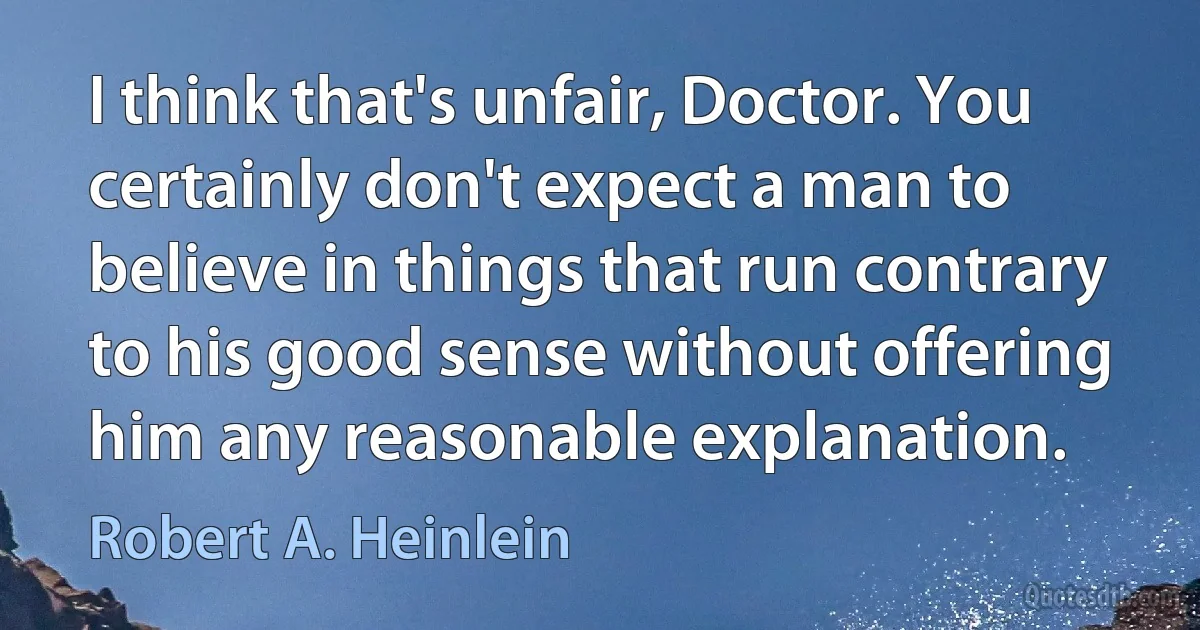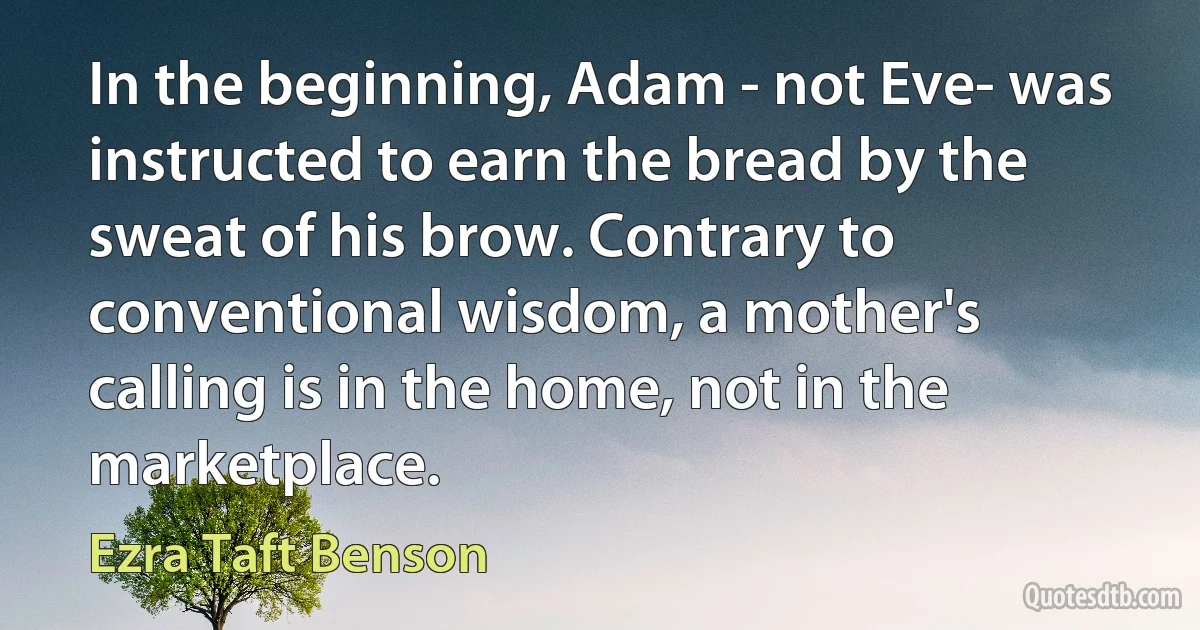Contrary Quotes - page 35
What can we say about metaphysical naturalism? Again, I want to make two points.
# My arguments for the existence of God show that metaphysical naturalism is not true. There is a personal, transcendent reality beyond the physical universe.
# Secondly, I think that metaphysical naturalism is so contrary to reason and experience as to be absurd.
In the following arguments, the first premise in every case is taken from [https://en.wikipedia.org/wiki/Alexander_Rosenberg Dr. Rosenberg]'s own book.

William Lane Craig
Among the English, we see on one side an exhibition of grossness and impudence in wickedness, and on the other, we admire their strictness and lofty eminence in that which is good. In that country, interest and conscience measure every thing. There is nothing intermediate between the two motives.In France, on the contrary, the gap between interest and conscience is admirably filled by honour. ... In its origin, honour had for its office to take the place of conscience. Where it was deficient, honour presented itself the heir, the distant relation of conscience. ... But honour itself is becoming weak. ... If this progress continues, it will end by being extinguished. But which will then become the heir of honour? Will it be interest or conscience?

Alexandre Vinet
Thus he seeks to discover a system which will prove them all right, and all wrong; which will reconcile their differences; will unite past creeds; will account for the present, and will anticipate the future with a continuous and uninterrupted development; this, too, by a process, not negative and distinctive, but, on the contrary, intensely positive and constructive.

Richard Francis Burton
TO AMERICANS. THAT some desperate wretches should be willing to steal and enslave men byut that many civilized, nay, christianized people should approve, and be concerned in the savage practice, is surprising; and still persist, though it has been so often proved contrary to the light of nature, to every principle of Justice and Humanity, and even good policy, by a succession of eminent men, and several late publications.

Thomas Paine
These are all 'threats without borders' - where traditional notions of national security have become obsolete. We cannot respond to these threats by building more walls, developing bigger weapons, or dispatching more troops. Quite to the contrary. By their very nature, these security threats require primarily multinational cooperation.

Mohamed ElBaradei
A distinguished writer (Siméon Denis Poisson) has thus stated the fundamental definitions of the science:
:"The probability of an event is the reason we have to believe that it has taken place, or that it will take place."
:"The measure of the probability of an event is the ratio of the number of cases favourable to that event, to the total number of cases favourable or contrary, and all equally possible" (equally like to happen).
From these definitions it follows that the word probability, in its mathematical acceptation, has reference to the state of our knowledge of the circumstances under which an event may happen or fail. With the degree of information which we possess concerning the circumstances of an event, the reason we have to think that it will occur, or, to use a single term, our expectation of it, will vary.

George Boole
we should facilitate, instead of foolishly and vainly endeavouring to impede, the operations of nature in producing this mortality; and if we dread the too frequent visitation of the horrid form of famine, we should sedulously encourage the other forms of destruction, which we compel nature to use. Instead of recommending cleanliness to the poor, we should encourage contrary habits. In our towns we should make the streets narrower, crowd more people into the houses, and court the return of the plague. In the country, we should build our villages near stagnant pools, and particularly encourage settlements in all marshy and unwholesome situations.*12 But above all, we should reprobate specific remedies for ravaging diseases; and those benevolent, but much mistaken men, who have thought they were doing a service to mankind by projecting schemes for the total extirpation of particular disorders. http://www.econlib.org/library/Malthus/malPlong30.html#dd12 Book IV, Chapter V.

Thomas Malthus
I had come back at last, come back to my spiritual home from which I had wandered away in self forgetfulness. But this coming back was no atavistic act. On the contrary, it was a reawakening to my ancestral heritage which was waiting all along for me to lay my claim on its largesses. It was also the heritage of all mankind as proved by the seers, sages and mystics of many a time and clime. It spoke in different languages to different people. To me it spoke in the language of Hindu spirituality and Hindu culture at their highest.

Sita Ram Goel
The same logic leads to another and a very ominous conclusion. JihAd cannot be regarded as something which happened only in the past. On the contrary, it is an ever-present possibility in India. The Quran will create a jihAd whenever and wherever the "infidels” provide an opportunity. Pious Muslims in every place and at all times, are taught to see, or seek, or provoke situations in which solutions prescribed by the Quran can be practised.

Sita Ram Goel
The very sound of ‘Indian sub-continent' is shocking to the ears of those who have had the privilege of performing or participating in some Hindu saMskãras. The wording of every saMkalpa, starting with Jambudvîpe BharatakhaNDe, invokes the opposite vision of a single, though vast and variegated land, inhabited by a people who are proud of being born and having lived in it. The territorial unity and integrity of Bharatavarsha - the land that lies south of the Himalayas, east of Sakadvipa (Seistan), south-east of Vãhlîka (Balkh), west of Burma and between the two seas - was never a political contrivance created by the sword of a conqueror. On the contrary, it was meant and manifested by Mother Nature herself as the cradle of an incomparable culture - the culture of Sanãtana Dharma.

Sita Ram Goel



